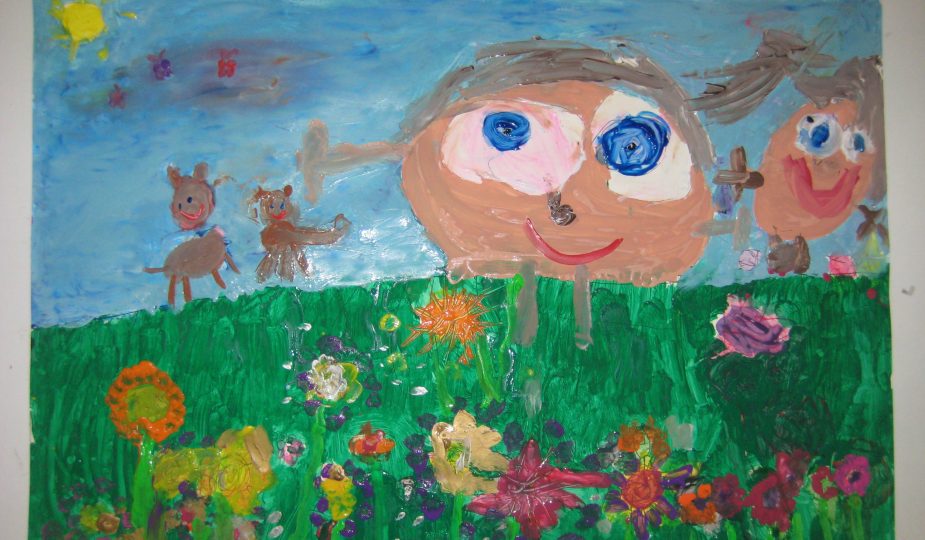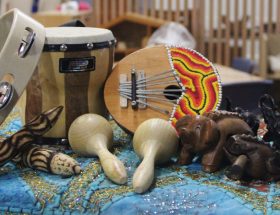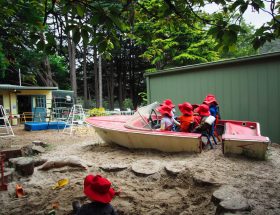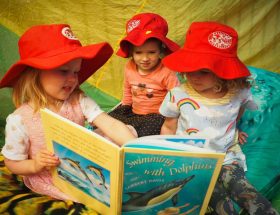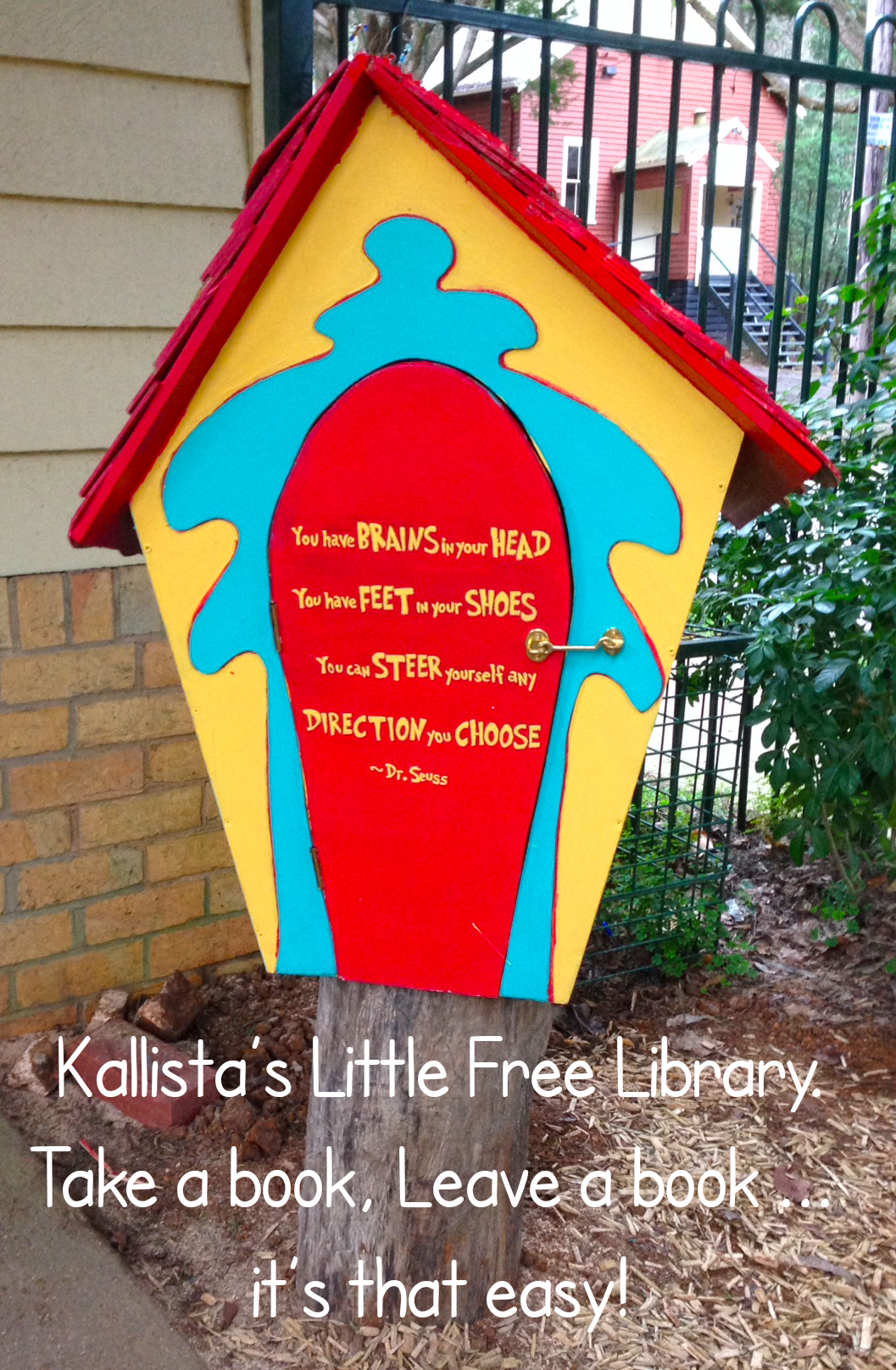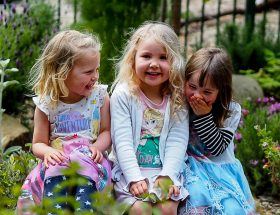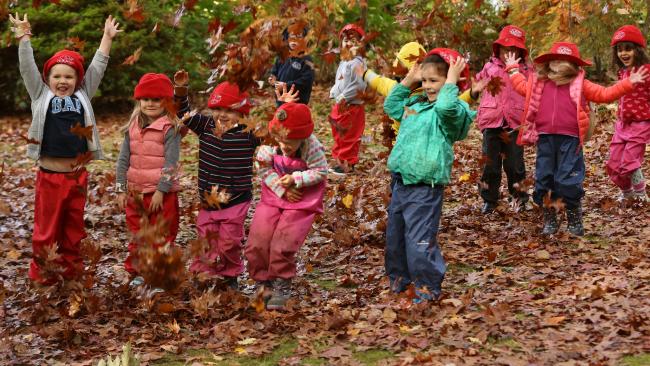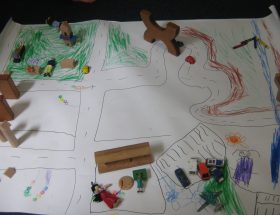The Reggio Emilia philosophy and approach to early childhood education has developed and continues to evolve as a result of over 40 years’ experience within a system of municipal infant-toddler centres and preschools in Reggio Emilia, Italy. Parents, who started the schools in the 1940s, continue to participate to ensure the schools reflect the values of the community. From the beginning, the late Loris Malaguzzi, leader, philosopher and innovator in education, who was then a young teacher, guided and directed the energies of those parents and several teachers. Through many years of work with them, he developed an education based on relationship, which has become widely known and valued. The Reggio Emilia approach is built upon a solid foundation of connected philosophical principles and extensive experience. Educators in Reggio Emilia have been inspired by many early childhood psychologists and philosophers, such as Dewey, Piaget, Vygotsky, Gardner and Bruner.
Please understand that we are not referring to an early childhood method or set curriculum, but rather a deep knowledge in theory and community-constructed values that have been and are continuously being translated into high quality early childhood practices. As a result, educational theory and practice in Reggio Emilia is strongly connected. To learn more about fundamental principles of the Reggio approach, read Lella Gandini’s article, “Fundamentals of the Reggio Emilia Approach to Early Childhood Education,” published in the November 1993 issue of Young Children or Lella’s chapter in Next Steps Toward Teaching the Reggio Way: Accepting the Challenge to Change, edited by Joanne Hendrick.
The Reggio educators’ intention in sharing their experience with educators around the world is to encourage others to understand their own values regarding childhood, education and community. Reggio educators hope to promote dialogue among educators, so that they will come to understand their own identity as a school community. Through this process, educators can then ensure that the learning and relationships of children, teachers and parents within their school community reflect their shared values.
